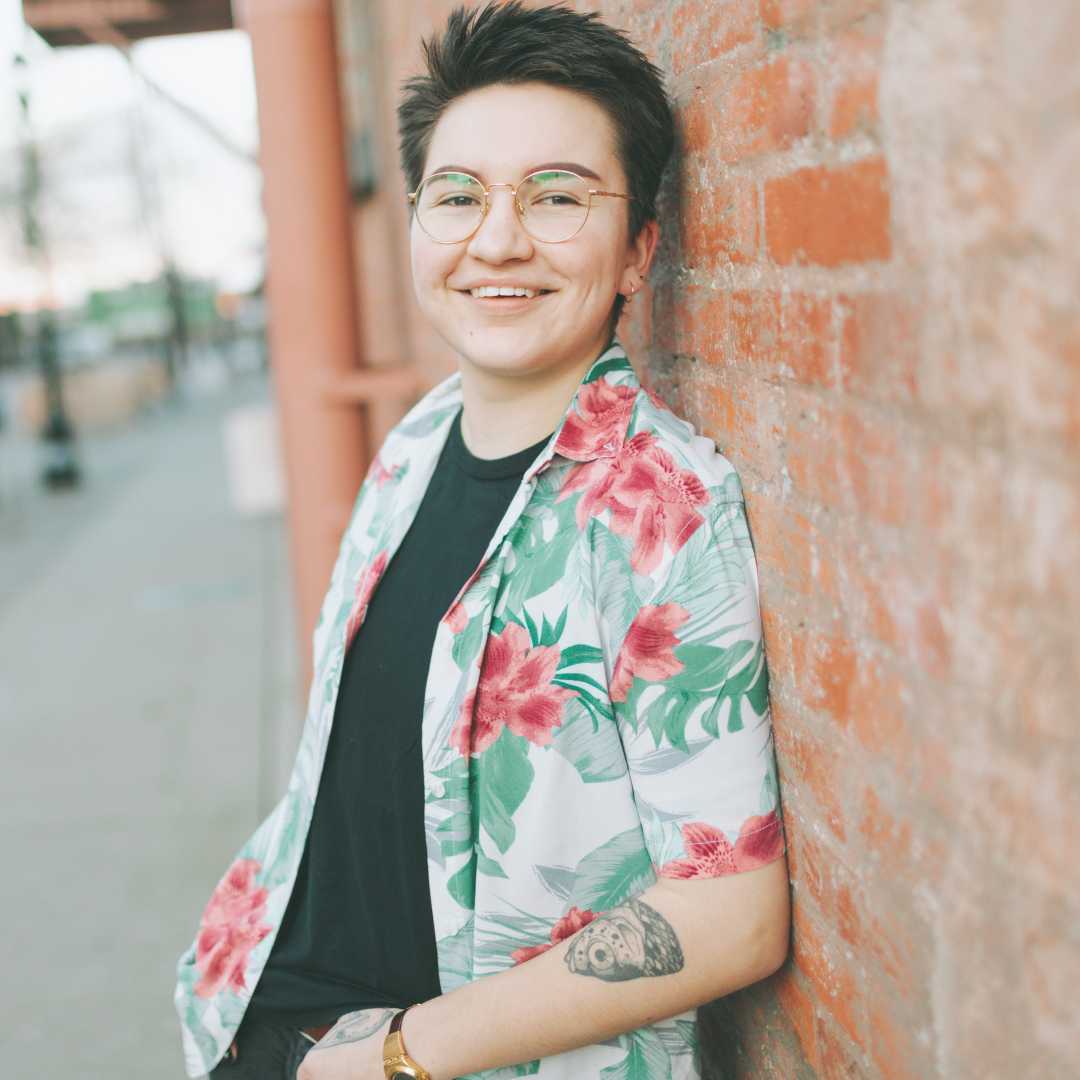Prices for Gynecomastia Surgery Without Insurance

Gynecomastia, sometimes called "man boobs," is when a man's chest looks bigger because of extra breast tissue. It's not the same as being overweight. It can happen to guys of any age, from teenagers to older men. It can be caused by changes in hormones, some medicines, or other health problems. Sometimes, doctors don't know exactly why it happens.
Gynecomastia can make some guys feel self-conscious or embarrassed. They might not want to take their shirt off at the beach or pool. Surgery can help fix this. It removes the extra breast tissue and sometimes extra skin to make the chest look flatter and more masculine.
What is Gynecomastia Surgery?
Gynecomastia surgery is a procedure to reduce the size of enlarged male breasts. There are different types of surgery. Sometimes, the surgeon uses liposuction to remove fat. Other times, they cut out extra tissue and skin. The type of surgery you need depends on how much breast tissue you have and the shape you want.
How Much Does Gynecomastia Surgery Cost?
The cost of gynecomastia surgery can change a lot. It depends on several things:
- Where you live: Surgery often costs more in some countries than others.
- The surgeon's experience: A very experienced surgeon might charge more.
- The type of surgery: More complex surgeries usually cost more.
- Hospital fees: The cost of the gynecomastia clinic abroad can vary.
- Anesthesia: You'll need medicine to make you sleep during surgery, and that costs money.
- Other costs: You might need blood tests, medicines, and follow-up appointments, which all cost extra.
Gynecomastia Surgery Costs Around the World
Here's a look at estimated costs in different places. These are just estimates, and the actual price can be different. It's always best to talk to a doctor in that country for a real price quote.
| Country | Estimated Cost (USD) |
|---|---|
| Gynecomastia Surgery Costs in United States | $4,000 - $8,000+ |
| Gynecomastia Surgery Costs in Mexico | $2,000 - $5,000 |
| Gynecomastia Surgery Costs in South Korea | $2,500 - $6,000 |
| Gynecomastia Surgery Costs in Colombia | $2,000 - $5,000 |
| Gynecomastia Surgery Costs in Turkey | $2,000 - $4,000 |
| Gynecomastia Surgery Costs in Thailand | $2,500 - $5,000 |
Why Do Costs Vary?
Costs are different in different countries because of these reasons:
- Cost of living: It costs less to live in some countries, so doctors and hospitals can charge less.
- Healthcare system: Some countries have government-run healthcare, which can make surgery cheaper.
- Currency exchange rates: The value of money changes between countries. This affects how much something costs in another currency.
Finding Affordable Gynecomastia Surgery
If you're worried about the cost, here are some things to think about:
- Medical tourism: Many people travel to other countries for surgery because it's cheaper. This is called medical tourism. If you're thinking about this, do lots of research to make sure the doctors are good and the hospital is safe.
- Financing: Some clinics offer payment plans or financing to help you pay for surgery.
- Insurance: Sometimes, health insurance will pay for gynecomastia surgery if it's medically necessary. Talk to your insurance company to find out.
Important Considerations
Even if you find cheaper surgery in another country, remember these things:
- Doctor qualifications: Make sure the doctor is board-certified and has lots of experience with gynecomastia surgery.
- Hospital safety: Check that the hospital or clinic is clean and safe. Look for reviews online.
- Travel costs: Don't forget to add in the cost of flights, hotels, and food when you're thinking about medical tourism.
- Communication: Make sure you can understand the doctor and other staff. If you don't speak the language, you might need a translator.
- Follow-up care: Think about how you'll get follow-up care after your surgery. Will you need to stay in the country for a while? Will your doctor back home be able to help?
FAQs About Gynecomastia Surgery
Is gynecomastia surgery painful?
You'll likely have some pain after surgery, but your doctor will give you medicine to help.
How long does it take to recover from gynecomastia surgery?
Most people can go back to work and normal activities in a few weeks. It can take a few months for all the swelling to go away.
Will I have scars after gynecomastia surgery?
Yes, you'll have some scars, but they usually fade over time. The surgeon will try to make the scars as small and unnoticeable as possible.
Is gynecomastia surgery covered by insurance?
Sometimes, insurance will pay for it if it's medically necessary. Check with your insurance company.
Can gynecomastia come back after surgery?
It's rare, but it can happen.
What are the risks of gynecomastia surgery?
Like any surgery, there are some risks, such as bleeding, infection, and scarring. Your doctor will talk to you about these risks.
Ready to Get Started? Connect with PlacidWay Today!
If you're thinking about gynecomastia surgery, PlacidWay can help. We can connect you with top doctors and hospitals around the world. We can also help you understand the costs and make travel arrangements. Contact us today for a free consultation. We're here to answer your questions and help you make the best decision for your health.


.png)














Share this listing